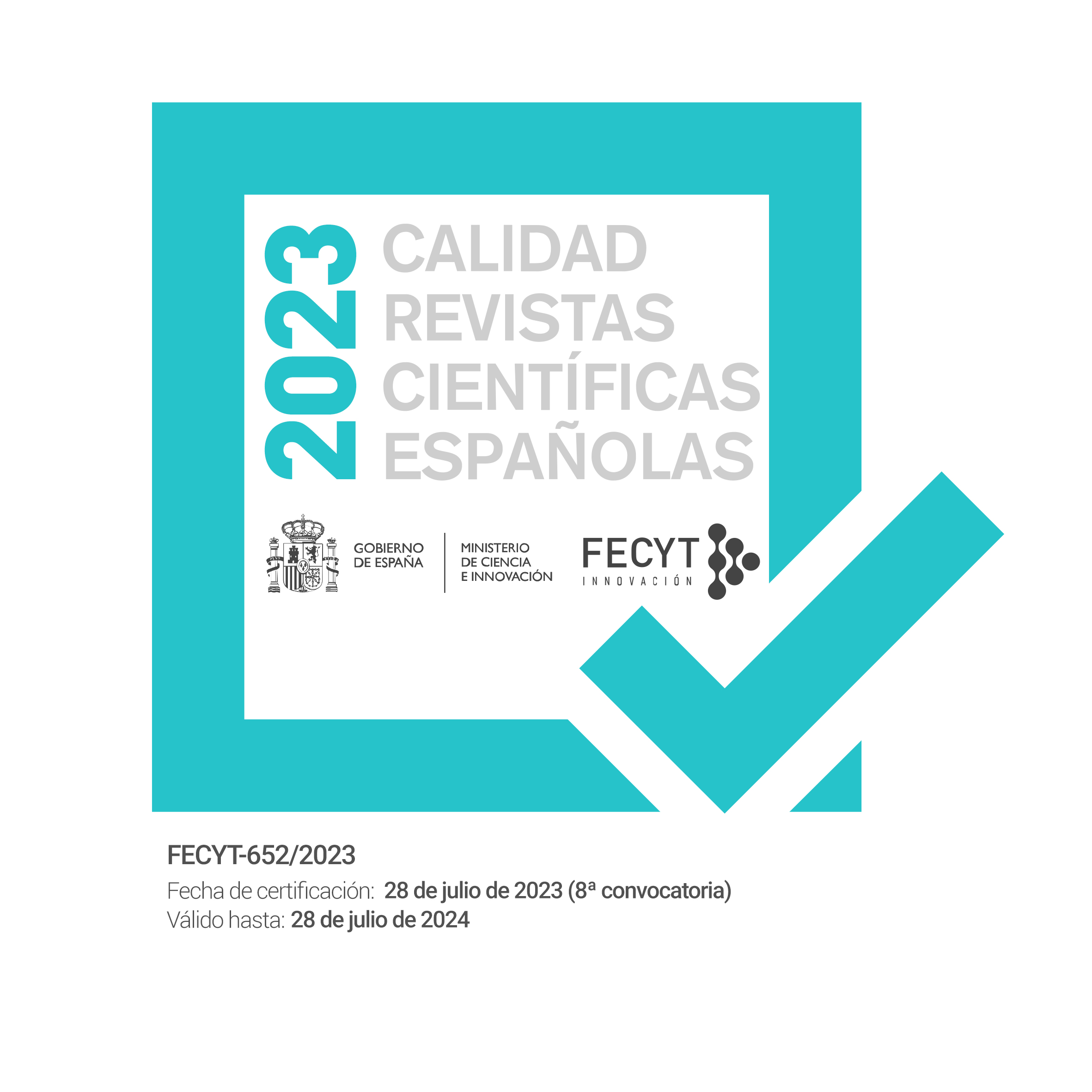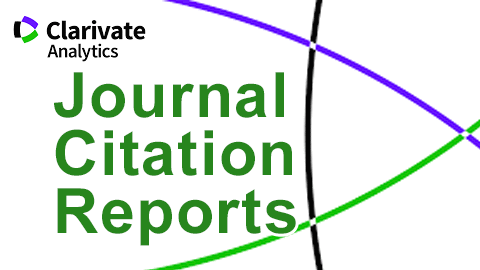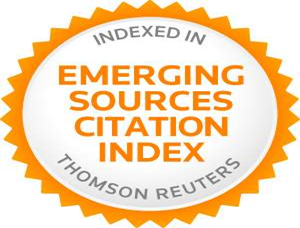Argumentación: pluralidad de voces
Palabras clave:
argumentación, retórica, ideología, polofonía enunciativa, acción de la lenguaResumen
Resumen. La dimensión argumentativa del significado se sitúa en las propiedades interaccionales o de diálogo que todo acto comunicativo y toda codificación lingüística tienen, y en el carácter de intención cognitiva y social que estas prácticas, comunicativas y lingüísticas, tienen. Estas propiedades y esta intención contribuyen a que el discurso sea heterogéneo en sus características o estructuras lingüísticas y en sus voces. Siendo compartido o rechazado por las diferentes voces, que intervienen tanto en su construcción gramatical como en su construcción retórica o comunicativa. Se trata de una acción pragmática donde los diferentes actos comunicativos y los diferentes interlocutores intervienen y se vinculan a la función argumentativa del enunciado. Función que siempre supone la presencia de dos o varios interlocutores, presentes o ausentes, reales o virtuales, pero que sin embargo sitúa a esta pluralidad de voces, no en los individuos, sino en la lengua como sistema social y convencional. Ello conduce a una ideología o sentido común en el funcionamiento comunicativo de la lengua que legitima y habitualiza su discurso. En este procedimiento discursivo y cognitivo, se sitúa el punto de vista o posiciones posibles que sobre la realidad construye la lengua. De modo que es a través de la pluralidad de voces y de los puntos de vista, donde la argumentación se estructura como acción de la lengua en uso. Y donde la realización del significado es una actividad humana, que pretende, a través de la lengua y del discurso, entender al hombre y a la vida, y construir una realidad social. Así, usar la lengua es comunicar e interaccionar con unas ideas, creencias y emociones en unas situaciones determinadas. Es decir, usar la lengua es argumentar, lo cual es realizar la acción de significar: entre individuos (emisores y receptores), entre la lengua (cargada de voces) y el discurso (situado socialmente).
Palabras clave: argumentación, retórica, ideología, polofonía enunciativa, acción de la lengua.
Argumentation: Voice plurality
Abstract. The meaning’s argumentative dimension is situated in the interactive properties or dialogue’s properties that every communicative act and every linguistic codification have, and in the social and cognitive intention character that these communicative and linguistic practices have. These practices and this intention contribute to that discourse be heterogeneous in its linguistic characteristic or structures and in its voices. Being shared or rejected by the different voices which take part so in its grammatical construction as in its rhetoric or communicative construction. It is about a pragmatic action where the different communicative acts and the different interlocutors take part and link to the message’s argumentative function. This function always implies the presence of two or several interlocutors, present or absent, real or virtual, and it situates this voice plurality not in the persons but in the language as a conventional and social system. It leads to an ideology or common sense in the language’s communicative functioning that legitimizes and accustoms its discourse. In this cognitive and discursive procedure, it is situated the point of view or the possible positions which language built about reality. Therefore, it is through the voice plurality and through the points of view, that argumentation is structured as action’s language in use. Here, the meaning realization is a human activity that tries, through language and discourse, to understand to the man and to the life itself, and to build a social reality. So, to use language is to communicate and to interact with ideas, beliefs and emotions in some concrete situations. That to say, to use language is to argue, which is to realize the action of to mean: between persons (emitters and receivers), between language (loaded of voices) and discourse (socially situated).
Keywords: argumentation, rhetoric, ideology, enunciative polyphony, language action.
Descargas
Publicado
Número
Sección
Licencia
Reconocimiento – No comercial (CC BY-NC). Bajo esta licencia el usuario puede copiar, distribuir y exhibir públicamente la obra y puede crear obras derivadas siempre y cuando estas nuevas creaciones reconozcan la autoría de la obra original y no sean utilizadas de manera comercial.
Los autores retienen todos sus derechos de publicación y copyright sin restricciones.








